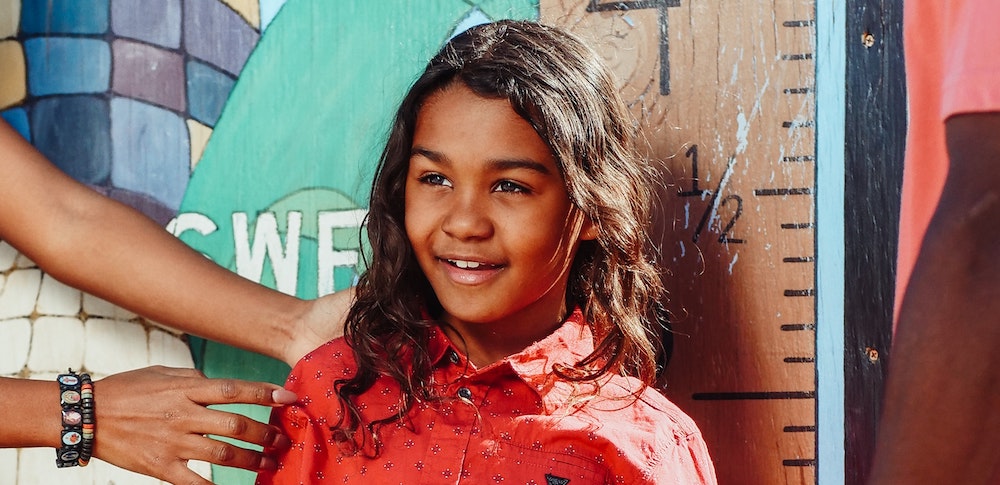Research tells us that children with parents who coParent well following a separation grow up just as well as children with parents who had successful marriages.
In fact, they may fair a little better on two measures: they are more likely to be successful in careers, and they have a lower divorce rate themselves as adults.
Research also tells us that children whose parents coParent poorly and have lives filled with conflict between their parents are substantially more likely to have mental health problems, delinquency, drug use and even suicide.
They are also twice as likely to end up in bitter divorces later in their lives.
But why? Why does the coParenting relationship have such a big impact on children? Research answers this question for us.
12 ways good co-parenting can set your child up for success later in life:
- Children learn to proactively create good lives rather than just cope with rotten ones.
- Children who see their parents respecting and valuing each other have higher self-esteem and learn social maturity.
- Watching parents communicate and cooperate respectfully teaches children good social skills that they can use for the rest of their lives.
- The children have much better relationships with both parents.
- Keeping children “out of the middle” of conflicts frees them up to do well outside of the family.
- Parents who coParent well have smoother lives, with less tension, less conflict, fewer problems, and more time to focus on more fun with their children.
- Parents get to participate in more of their children’s lives, and both the parents and the children experience less loss.
- The family remains an arena of safety and comfort, instead of stress, allowing the children to grow and explore the world with more confidence.
- coParenting will make life easier for everyone else in the child’s life, like teachers, coaches, extended family, and friends.
- Children learn organizational skills when there are two homes that they take into other parts of their lives and their futures.
- Children learn to resolve disagreements in a courteous and effective manner, a skill that will serve them well as adults.
- Children learn what to do when two people think that they are “right,” but disagree.
From COPARENTING TRAINING WORKBOOK For Separating or Separated Parents by Kenneth H. Waldron, PhD and Allan R. Koritzinsky, Esq.





